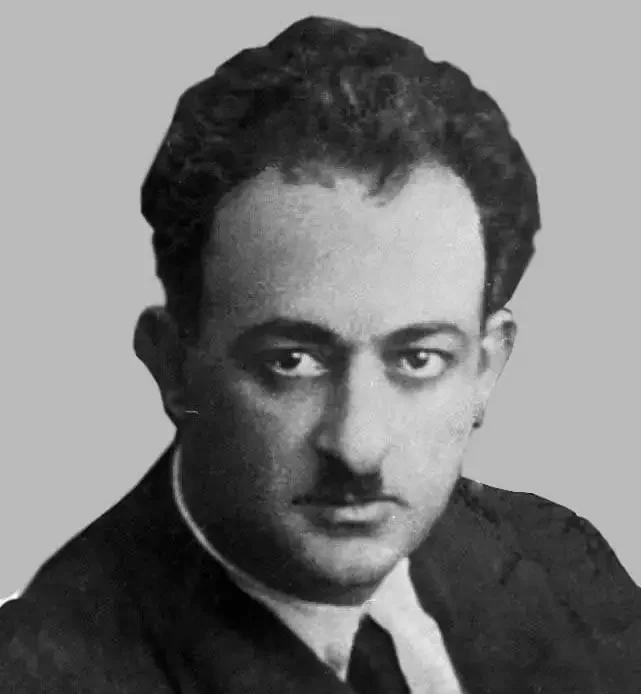Georgia: 130 years have passed since the birth of the great Georgian poet Paolo Iashvili. Georgian Ministry of Culture and Sports honors the immortal name of Elvare Nichi poet, Paolo Iashvili, his indelible mark in the richest Georgian poetry.
Paolo Iashvili was born in Argveti village of Sachkheri district into a capable Aznauri family. Although his name was previously associated with the poet’s tragic fate, his childhood and youth were completely different.
Babiline’s mother was a secretary and a deep believer. Jibrael (Jibo) Iashvili’s father was a professor who studied in Kyiv. The family had many children: Paolo had four brothers and one sister.
Paolo Iashvili was admitted to the Kutaisi Classical Gymnasium at six, where he studied with Titian Tabidze and Valerian Gafrindashvili. Then, he continued his studies at Anapi Private Gymnasium. Paolo Iashvili was initially fond of painting. However, he wrote poems and first published his work in the newspaper “Kolkhida,” then in the magazine “Golden Aries” by himself.
Paolo Iashvili went to the Art Institute near the Louvre of Paris in 1913, where he got acquainted with the works of Symbolist writers and finally forgot about painting. In 1915, he returned to Kutaisi and was actively involved in literary life. He founded the Order of “Blue Claws” with his fellow poets and edited the Almanakh of the same name.
After the establishment of the Soviet government in Georgia, the fate of the Iashvili family changed tragically. One brother of Paolo Iashvili was shot for participating in the 1924 riots, and the other was later relocated.
The poet himself appeared to adapt to the new reality, but his creative or personal freedom was not acceptable to the Soviet authorities. In the 30s, this unacceptability became highly severe. Paolo Iashvili was often questioned; the brave “37” was approaching.
On July 22, 1937, the poet committed suicide in the Writers’ House building. Mikheil Javakhishvili’s perception of this tragic fact was a lot of people: “He is better than all of us,” and Guram Asatiani evaluated the poet’s suicide as such: “Not only for Elvare’s talent, I love Paolo Iashvili also for that fatal shot, because the fire that came out of his two-barred gun gave meaning to life.”
Suicide under the conditions of the Soviet government also complicated the creative fate of Paolo Iashvili. Even mentioning the poet’s name was prohibited, and only in 1955 were Paolo’s poems published.
A disaster also followed Paolo Iashvili’s literary legacy at that time. A couple of years ago, certain groups tried to promote his work again, which was a worthy response. Specifically, with the promotion of the Georgian Ministry of Culture and the organization of the Foundation “For the Memory of Bluebells,” the project “Paolo Iashvili – Elene Dariani’s Diaries” was implemented. This publication, based on a deep analysis of competent writers and researchers, finally managed to identify the literary legacy of Paolo Iashvili and determined, once and for all, that he is the author of literary mystification – “The Diaries of Helen Dariani.”
It is noteworthy that the Ministry of Culture of Georgia dedicated one important gift to Paolo Iashvili’s 130th anniversary. The gift is related to the renovation of the house-museum in the poet’s native village. The Ministry developed a concept to create a perfect museum space with appropriate expositions and functional workload.




